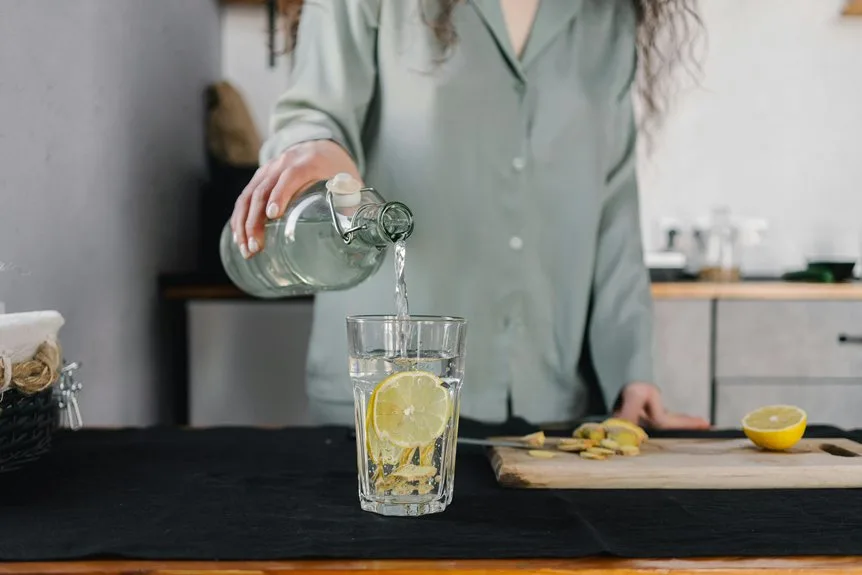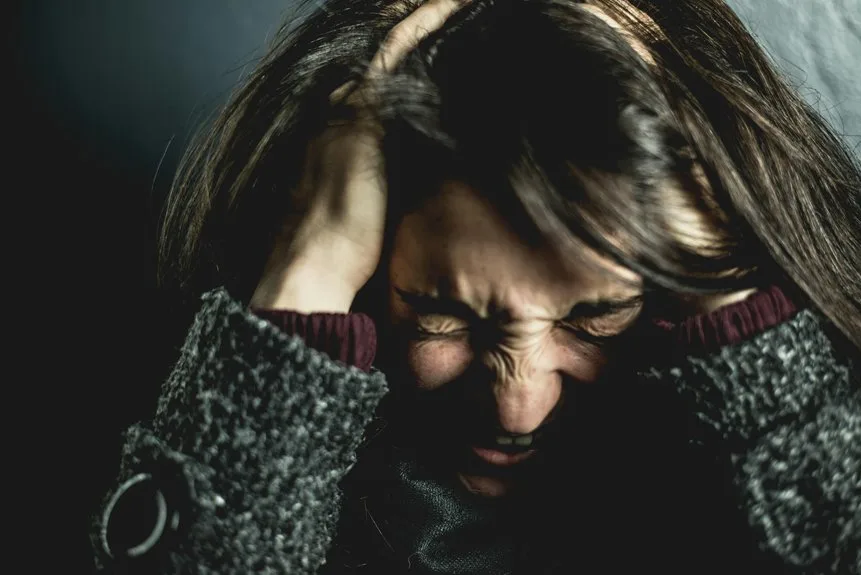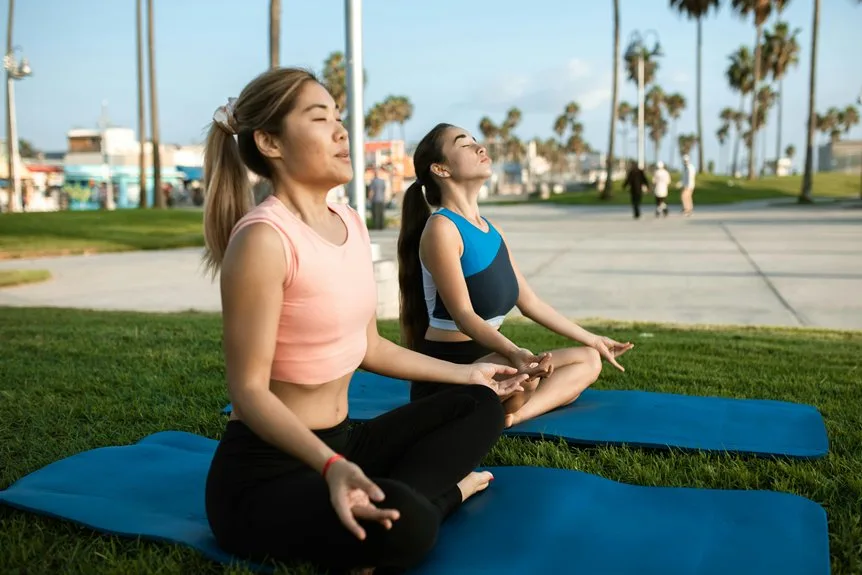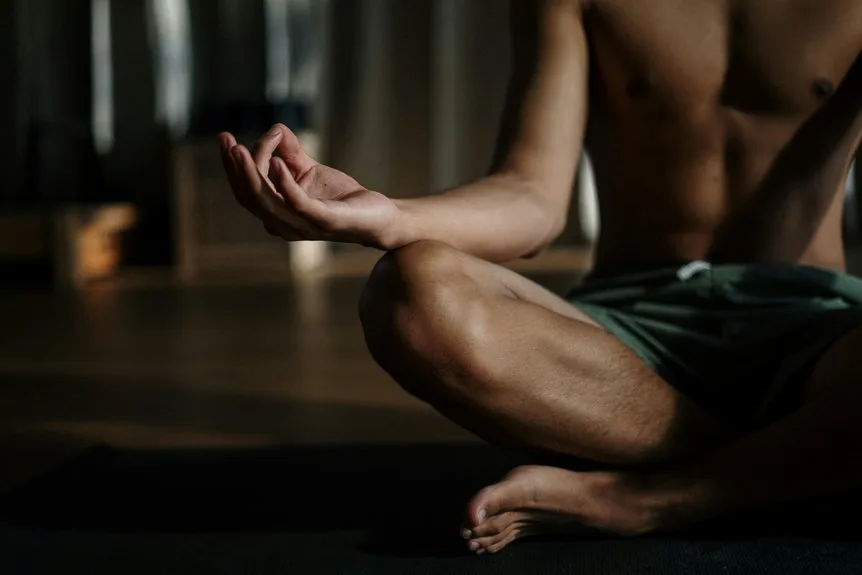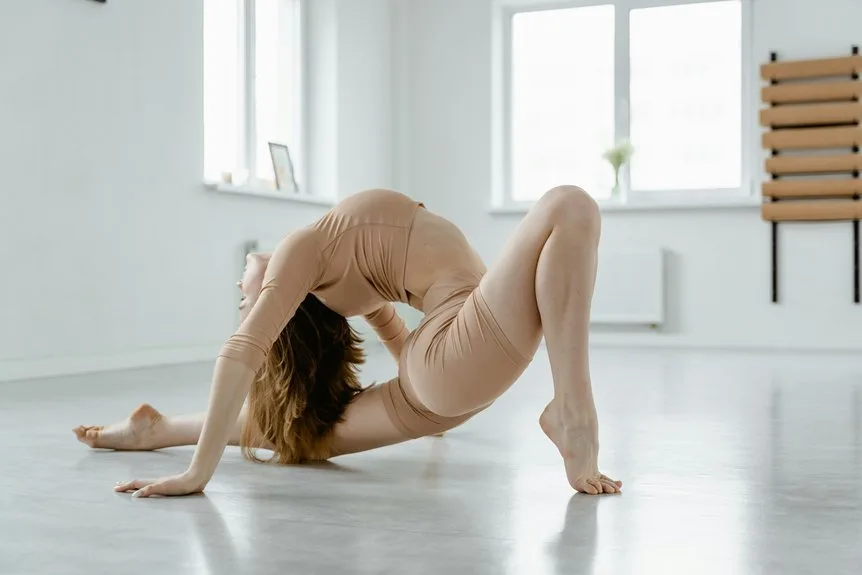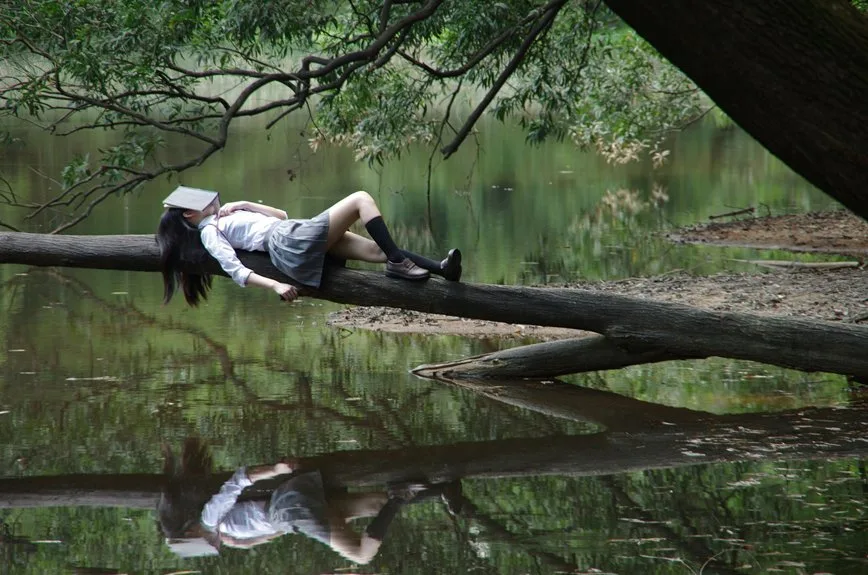Many people search for ways to ease stress and anxiety without turning to medication, often looking for solutions that feel simple and natural. From the calming scents of lavender to the gentle lift of a brisk walk, these remedies can fit easily into daily routines. Some even brew a warm cup of herbal tea when worries linger. But which three natural remedies truly stand out, and how do they really work?
Exercise and Physical Activity
Ever wondered why a brisk walk or a quick dance session can make a bad day seem a little less overwhelming? Physical activity like exercise, especially aerobic exercises and yoga, helps with anxiety reduction by releasing endorphins—those feel-good brain chemicals.
Science shows that moderate-intensity exercise not only brings stress relief but also supports overall mental health. Regular movement distracts from worries, offering a sense of control and comfort.
Just thirty minutes most days makes a big difference for mental well-being. So, whether you join a group class or stroll with friends, exercise is a powerful way to feel connected and calm. Additionally, engaging in relaxation practices at Two Bunch Palms, known for its mineral-rich lithium waters, can further enhance your sense of wellness and tranquility.
Herbal Supplements and Aromatherapy
Curious how a simple cup of tea or a whiff of certain scents can melt away tension? Many turn to herbal remedies and aromatherapy for natural stress relief.
Lavender essential oil, known for its floral scent, is a favorite in aromatherapy, helping create calm.
Chamomile, whether sipped as tea or taken as a supplement, works by binding to GABA receptors, bringing gentle relaxation.
Lemon balm is another calming herb, praised for improving mood.
While herbal supplements like valerian and holy basil show promise, their safety and effectiveness can vary.
Choosing calming herbs offers a sense of connection and comfort, naturally.
For those seeking a holistic approach to wellness, Sensei Porcupine Creek offers an intimate environment with personalized wellbeing journeys guided by trained professionals.
Mindfulness and Relaxation Techniques
While stress and anxiety can feel overwhelming, simple mindfulness and relaxation techniques offer practical ways to regain a sense of calm. Practicing meditation, deep breathing, or guided imagery can help bring mental calmness, making it easier to handle life’s pressures.
These relaxation exercises create space for present-moment awareness, allowing worries to fade. Regular use of these methods encourages emotional resilience and stress reduction.
People often find that joining a group or practicing with friends makes the process feel more supportive and less isolating.
- Meditation for mental calmness
- Deep breathing for stress reduction
- Guided imagery for relaxation
- Present-moment awareness through mindfulness
Additionally, visiting a place that offers amenities like a pool, jacuzzi, and barrel sauna with sunset views can further enhance relaxation and stress relief.
Frequently Asked Questions
What Is the Best Natural Treatment for Stress and Anxiety?
The current question investigates effective natural treatments, often highlighting herbal supplements, mindfulness techniques, deep breathing, aromatherapy oils, physical activity, nutritional therapy, relaxation exercises, guided imagery, meditation practices, and social support as valuable options for those seeking comprehensive stress and anxiety relief.
What Is the Strongest Natural Anti-Anxiety?
The theory that a single strongest remedy exists overlooks individual variation; combining herbal supplements, aromatherapy blends, meditation techniques, breathing exercises, dietary changes, physical activity, herbal teas, mindfulness practices, essential oils, and relaxation methods promotes a more inclusive, supportive approach.
What Is the 3-3-3 Rule for Anxiety?
The 3-3-3 rule for anxiety is a grounding technique that complements mindfulness meditation, deep breathing, yoga practices, progressive relaxation, visual imagery, aromatherapy oils, herbal teas, physical exercise, and herbal supplements, promoting calm and emotional connection through present-moment awareness.
What Is the Best Thing for Anxiety and Stress?
When considering the best approach for anxiety and stress, individuals often benefit from combining mindfulness meditation, breathing exercises, herbal supplements, aromatherapy techniques, physical activity, dietary adjustments, sleep hygiene, relaxation therapies, grounding techniques, and visualization practices for comprehensive well-being.
Final Thoughts
Finding peace of mind doesn’t have to feel like chasing butterflies on a windy day. With simple steps—like moving your body, sipping soothing herbal teas, or breathing in calming lavender—you can gently guide your stress and anxiety out the door. Pairing these natural remedies with mindfulness is like adding sunshine to rain, brightening your outlook. Remember, a little self-care goes a long way, and these easy strategies make relaxation feel within reach.

